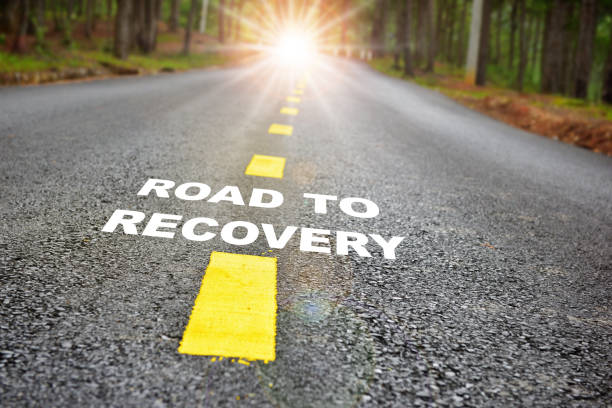Recovery from addiction is more than just a cessation of substance abuse; it’s embarking on a transformative journey that impacts every facet of one’s life. As the physical and psychological chains of addiction are broken, a world of opportunities and challenges awaits. Those who have experienced addiction can attest to the monumental effort it takes to remain on the path of sobriety. For individuals taking those crucial first steps towards a fresh chapter, understanding the road ahead is vital. Below, we delve deeper into the processes and practices that can foster a healthier, addiction-free life.
Embracing a New Outlook on Life Post-Addiction
Overcoming addiction requires a fresh perspective on life, recognizing that past experiences do not define the future. This shift empowers individuals in recovery to envision new possibilities, redefine personal goals, and align values with their newfound sobriety. A positive outlook fills the void left by addiction with enriching activities and relationships, though this change requires consistent reflection and commitment.
Acknowledging the need for professional help, such as engaging with a San Diego Alchohol detox program, provides a strong foundation for recovery. It’s essential to balance future planning with realistic expectations, understanding that recovery is a gradual process involving patience and learning from setbacks.
Techniques for Building a Solid Support System in Recovery
A strong support system is crucial for addiction recovery, offering encouragement and accountability. Building this network involves reaching out to family and friends, establishing clear boundaries, and establishing expectations. Peer support groups, counseling, and therapy are essential for providing camaraderie, community, coping strategies, and a platform for sharing experiences without judgment.
Engaging with mentors or sponsors who have successfully navigated the journey to sobriety can offer real-time guidance and inspiration. In the digital age, online forums and social media groups can serve as additional pillars of support, providing global connections and advice at any time. While these should not replace face-to-face interactions, they provide additional layers of community and advice accessible at any time.
Establishing Healthy Habits to Replace Old Patterns
Overcoming addiction involves breaking down harmful habits and forming new ones that support physical, mental, and emotional well-being. Exercise is a great way to improve mood and improve physical health. A balanced diet, along with proper hydration and sleep, is crucial for coping with stress and preventing relapse.
Mindfulness practices, meditation, and hobbies can help reduce stress and distract the mind from cravings. Adopting a routine and setting regular goals can guide individuals towards stability, but flexibility is essential to avoid disappointment. Constructive habits are lifelong adjustments that require dedication to self-care and continuous improvement. A balanced diet, mindfulness practices, and regular goals are essential for a successful recovery.
Navigating the Challenges of Sobriety in Everyday Life
Recovery from substance abuse is a challenging journey, involving various obstacles such as work stress, social dynamics, and internal pressures. To overcome these challenges, individuals must develop strategies, such as identifying triggers and creating a plan to deal with them.
Having a list of responses to high-risk situations can empower them, such as removing themselves from triggering environments, engaging in deep-breathing exercises, or seeking support from friends or mentors. Lifestyle changes, such as evaluating and adjusting one’s social circle, may also be necessary to promote a healthier environment. Celebrating small victories and recognizing one’s progress can reinforce positive behavior and motivate the journey.
Celebrating Milestones and Acknowledging Growth Along the Recovery Journey
Celebrating sobriety milestones like the first week, month, or year free from substance use is crucial. These moments highlight progress, offer personal satisfaction, and provide hope and encouragement to keep moving forward. Each achievement, no matter how small, showcases the resilience and dedication needed for a healthier life.
Support systems amplify these celebrations, as sharing successes with friends, family, and fellow support group members multiplies the joy and strengthens relationships essential for long-term recovery. Recognizing that growth is non-linear and individualized ensures that every step forward is cherished. Pursuing milestones in an ECE degree program can be celebrated to maintain motivation and acknowledge progress.
Overall, recovery from addiction is a complex process requiring mindset transformation, support networks, healthier routines, and courage to face daily challenges. Celebrating achievements and acknowledging progress helps individuals commit to a sober life with purpose and positivity. Despite the long journey, it offers profound opportunities for personal growth and fulfillment.
Read More:



